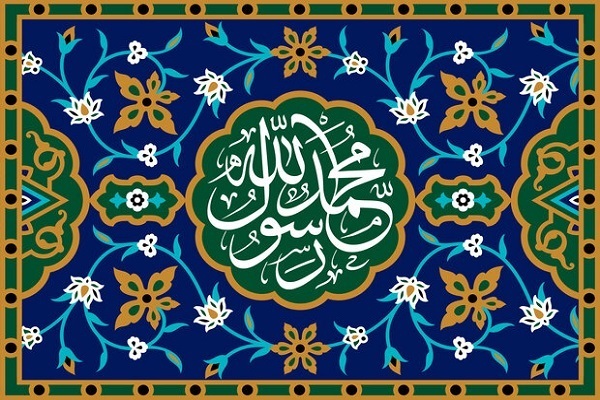Prophet's Kindness, Wisdom Turned Tribes into a United Community: Scholar

Speaking in an interview with IQNA, Hojat-ol-Islam Abdoljavad Moqaddasian, a university and seminary lecturer, explained that living with a sense of divine mission brings inner peace and spiritual confidence, and Prophet Muhammad (PBUH) embodied this fully.
“His personality, behavior, and policies were always a model and an inspiration to society,” he said, adding that even opponents were moved by the Prophet’s (PBUH) honesty and moral conduct.
According to the scholar, pre-Islamic Arabia was a fragmented land of rival tribes bound by long-standing feuds and bloodshed. Yet, through patience, courage, justice, and compassion, the Prophet (PBUH) “was able to bring hearts together and build the foundations of a cohesive community.”
Moqaddasian pointed to the Constitution of Medina and the brotherhood pact between the Muhajirun and the Ansar as examples of how the Prophet (PBUH) used both ethical teachings and practical measures to achieve unity.
He stressed that the Prophet’s (PBUH) mission was not confined to one time or place but was “universal, meant for the guidance of all humanity.”
Read More:
Citing the Quranic verse “Today I have perfected your religion for you, and I have completed My blessing upon you, and I have approved Islam as your religion” (Quran 5:3), he said the unity established by the Prophet (PBUH) reached its peak with the completion of his mission. This, he noted, showed that divine guidance had the power to fundamentally reshape societies.
The scholar highlighted that kindness was central to the Prophet’s (PBUH)success. Referring to the verse “It is by Allah’s mercy that you are gentle to them; had you been harsh and hardhearted, they would have surely scattered from around you” (Quran 3:159), Maqdesian said the Prophet’s compassion “softened hearts, even winning over former enemies.”
His consistent demonstration of fairness, forgiveness, and equality, he added, embedded moral and spiritual values in the community.
The Prophet’s (PBUH) approach also extended to non-Muslims. “His mission was mercy for all humanity,” Moqaddasian said, citing the Quranic verse “We did not send you but as a mercy to all the nations.” (Quran 21:107).
Read More:
He explained that the Prophet’s (PBUH) dealings with Jews, Christians, and other groups in Medina were based on justice and mutual rights, with the Medina Charter serving as a pioneering framework for peaceful coexistence. “He never forced people into Islam,” the scholar said. “Instead, he invited through honesty, ethics, and personal example.”
Asked about the Prophet’s (PBUH) relevance for today’s world, the scholar said the Prophet's teachings offer solutions to contemporary moral and social crises.
“The key to salvation lies in the principle of ‘La ilaha illallah’ (there is no god but Allah),” he said. This, he argued, is the axis around which morality, social order, and human flourishing revolve.
He drew a parallel with nature, where the sun and moon follow precise laws: “If human beings align themselves with divine unity, society will become as harmonious and beautiful as the natural order.”
Read More:
He noted that prayer itself reflects this equality and cohesion, with people of all backgrounds standing together in the same direction.
The Prophet’s (PBUH) lessons on mercy, ethical conduct, and social justice, Moqaddasian continued, remain vital for global peace. “In today’s world of ethnic, religious, and social divisions, returning to the Prophet’s (PBUH) example of kindness, forgiveness, and respect for others can guide humanity toward stability, justice, and coexistence.”
4301753



